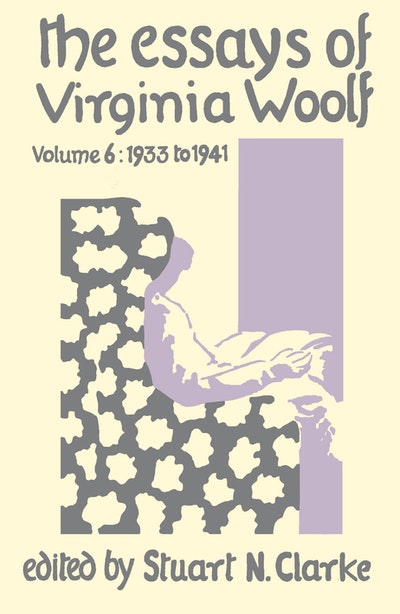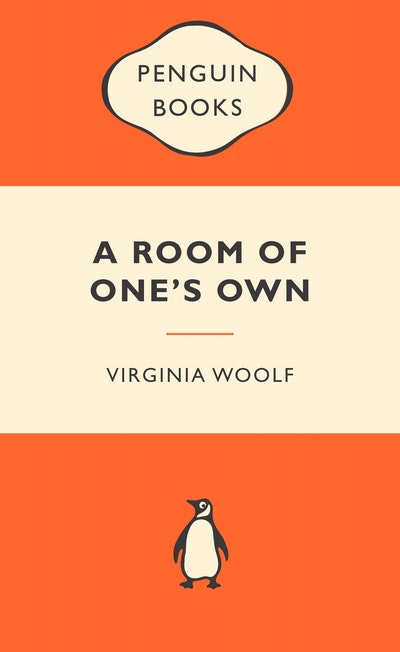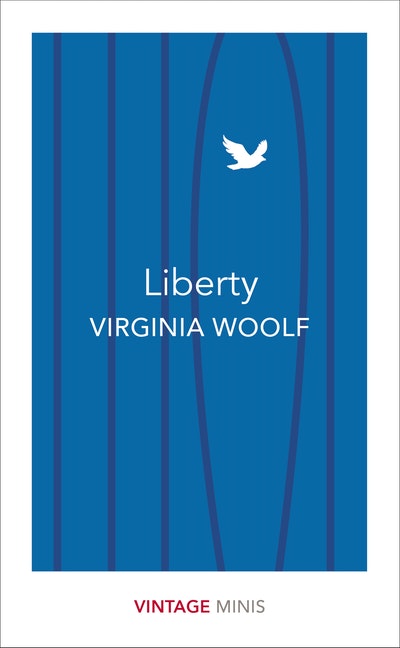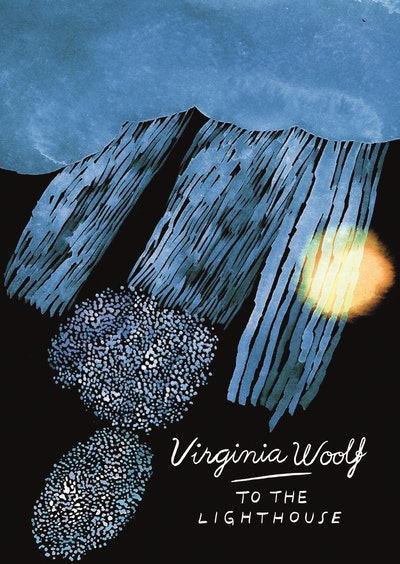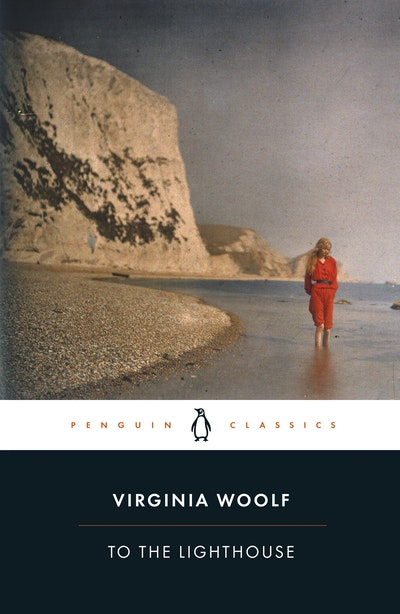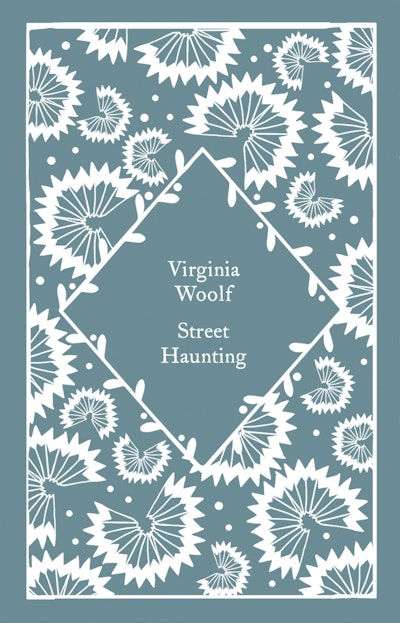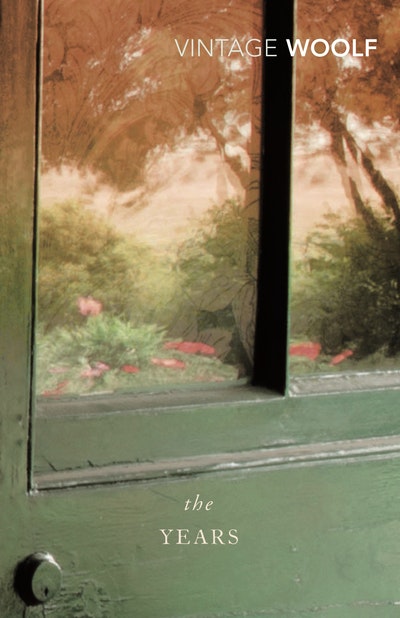With this sixth volume The Hogarth Press completes a major literary undertaking - the publication of the complete essays of Virginia Woolf. In this, the last decade of her life, Woolf wrote distinguished literary essays on Turgenev, Goldsmith, Congreve, Gibbon and Horace Walpole. In addition, there are a number of more political essays, such as 'Why Art To-Day Follows Politics', 'Women Must Weep' (a cut-down version of Three Guineas and never before reprinted), 'Royalty' (rejected by Picture Post in 1939 as 'an attack on the Royal family, and on the institution of kingship in this country'), 'Thoughts on Peace in an Air Raid', and even 'America, which I Have Never Seen...' ('['Americans are] the most interesting people in the world - they face the future, not the past'). In 'The Leaning Tower' (1940), Virginia Woolf faced the future and looked forward to a more democratic post-war age: 'will there be no more towers and no more classes and shall we stand, without hedges between us, on the common ground?' Woolf stimulates her readers to think for themselves, so she 'never forges manifestos, issues guidelines, or gives instructions that must be followed to the letter' (Maria DiBattista).
In providing an authoritative text, introduction and annotations to Virginia Woolf's essays, Stuart N. Clarke has prepared a common ground - for students, common readers and scholars alike - so that all can come to Woolf without specialised knowledge.
